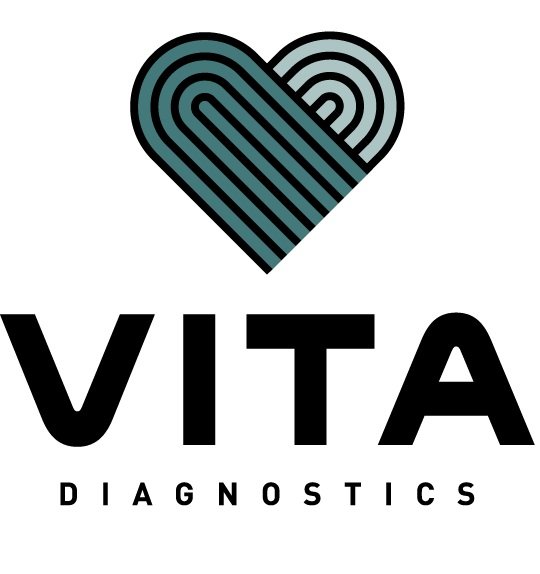OVERVIEW:
ECG/EKG are terms used synonymously for electrocardiograms. An ECG is a non-invasive test that shows the electrical activity of your heart through sensors called electrodes. It does this by tracing waves on paper that a cardiologist can then interpret.
How should I prepare for my ECG?
- Please arrive 10 minutes early for your appointment with your provincial health care card and ID such as your driver’s licence or social insurance card.
- Do not wear creams or lotions on your chest.
- You may eat and drink normally.
Why do I need an ECG?
An ECG can measure the health of your heart or keep track of a heart condition. It can also help doctors determine why you have palpitations, chest pain or shortness of breath.
What happens during my ECG?
- An ECG takes approximately 10 minutes to complete.
- This test is completely safe and painless (even for pregnant or nursing women) as it only measures the electrical activity of the heart. It does not send electricity to the heart.
- A trained staff member will bring you into the exam room. Ten stickers, called electrode sensors, will be applied to your shoulders and torso.
- The stickers are connected to a machine by wires, which will give a picture of the electrical activity in your heart.
- Your results will be sent to your referring doctor after they have been reviewed by one of our specialists.

